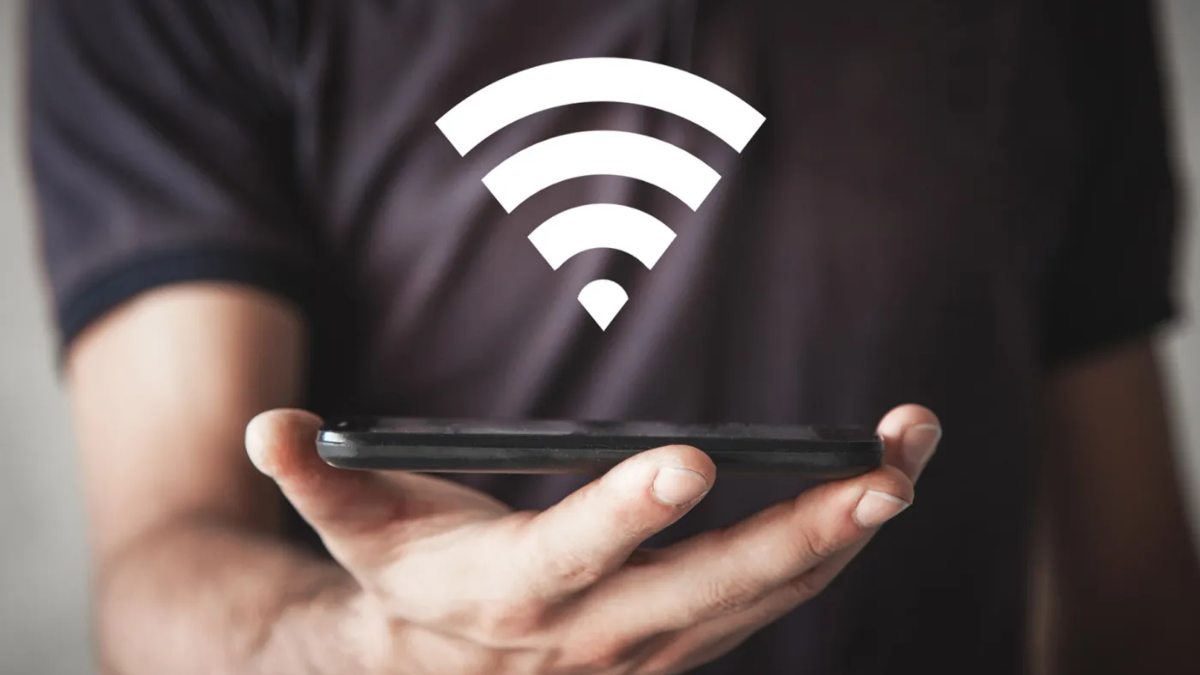The World Bank’s ‘Better Internet for All Filipinos’ 2024 report has unveiled concerning findings about the Philippines’ internet connectivity compared to its Southeast Asian counterparts. The report highlighted significant disparities in affordability, speed, and access, hindering digital participation and growth opportunities for citizens and businesses alike.
According to the report, the Philippines falls behind in fixed broadband with an average speed of 92Mbps, notably lower than Singapore’s 264Mbps, Thailand’s 216Mbps, and Malaysia’s 112Mbps, among others. Additionally, the penetration of fixed broadband access remains low at 33 percent, while the price of fixed broadband in the Philippines ranks among the highest in the region at 11.3 percent of the gross national income (GNI) per capita.
Mobile broadband figures echoed similar concerns, with the Philippines reporting the slowest mobile download speed and higher costs compared to its regional peers.
Recognizing the urgency of the situation, government officials including National Economic and Development Authority (NEDA) Secretary Arsenio Balisacan and Department of Information and Communication Technology (DICT) Secretary Ivan John Uy acknowledged the need for enhanced efforts to improve internet connectivity. Secretary Uy revealed plans to establish approximately 25,000 free Wi-Fi spots across the country this year to address connectivity issues, especially in remote areas.
Furthermore, both Balisacan and Uy emphasized the importance of policy reforms, advocating for the passage of the ‘Konektadong Pinoy bill’ or the Open Access in Data Transmission Bill to enhance internet infrastructure and affordability. They highlighted the bill’s potential to promote inclusivity, improve educational services, and boost internet quality and speed.
The USAID Beacon Project echoed these sentiments, underscoring the integral link between improved connectivity and economic development. Jeff Goebel, Director of the Office of Economic Development and Governance at USAID, emphasized the necessity of transformative legislation to sustain digital development and ensure the competitiveness of the Philippine ICT sector.
In response to these challenges, government officials pledged to engage in discussions with telecommunications stakeholders to chart a path towards enhanced connectivity. The World Bank emphasized the importance of updating Philippine policies to strengthen the ICT sector, foster competition, attract investment, and upgrade broadband infrastructure, thereby unlocking the country’s digital potential.






